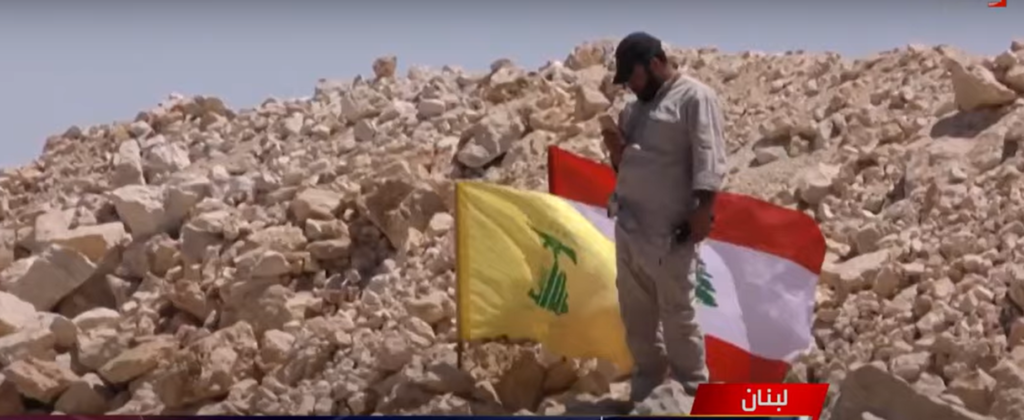Hezbollah’s Threat and Strategic Rebuilding
Israel must adopt a proactive security policy on its northern border, as Iran and Hezbollah are likely to seek opportunities to surprise Israel at a time that serves their interests.
The future of Lebanon after the cease-fire agreement is uncertain.
Current assessments within Israel’s security establishment suggest that Hezbollah will recover quickly with Iranian support, regaining control over Lebanon and the southern border region with Israel.
Hezbollah’s elite “Radwan” force, though weakened, has not been completely neutralized.
It is expected to rebuild and renew its terrorist infrastructure in southern Lebanon.
This could revive its original plan to seize parts of the Galilee in a future confrontation.
The hostile intentions of Iran and Hezbollah remain unchanged.
This is the time for Israel to abandon its long-standing containment policy regarding Hezbollah—a strategy that has defined Israeli governments since the Second Lebanon War.
In the aftermath of the war, Hezbollah is poised to emerge as an even more dangerous threat.
Hezbollah’s Adaptation Post-War
Hezbollah’s desire for revenge, fueled by the heavy losses it suffered during the conflict, will likely lead it to refine its tactics and leadership.
With Iranian assistance, it is expected to restore its military capabilities.
One potential scenario under consideration by Israel’s security forces is the possibility of Hezbollah resuming kidnappings, as it has done in the past.
This concern is underscored by historical incidents, such as the abduction of Colonel Elchanan Tennenbaum in Dubai in 2000.
The recent IDF operation on November 2, 2023, which captured Hezbollah naval officer Imad El-Hamaz in the Al-Batroun area of Lebanon, may provoke a retaliatory response.
Israel’s Achievements and Future Vigilance
While Israel achieved significant successes in the war against Hezbollah, the organization remains militarily intact.
Once Israeli military pressure eases, Hezbollah is expected to recover rapidly.
In the short term, Israel can safely facilitate the return of tens of thousands of displaced residents along the northern border.
However, maintaining long-term security will require heightened vigilance.
Israel has significantly restored its deterrent power, which had been undermined by the surprise attacks of October 7, 2023.
To preserve this achievement, Israel must conduct consistent military operations in Lebanese territory whenever Hezbollah violates the cease-fire agreement or UN Resolution 1701.
Essential Strategic Actions
- Targeted Military Operations: Israel should continue punitive strikes to deter Hezbollah from violating agreements.This includes targeted assassinations of senior Hezbollah figures, particularly its leadership.
- Countering Iranian Influence: Iran, as the primary supporter of Hezbollah, must also be targeted. Israel’s success in conducting multi-front operations during the recent conflict demonstrated its capacity to withstand prolonged attrition warfare.
- Intelligence-Driven Strategy: Establishing an advanced intelligence system to monitor Hezbollah activities is essential. This intelligence should translate into actionable targets for airstrikes or ground operations in Lebanon.
- Buffer Zone Enforcement: In cases of serious violations near the border, the IDF should create a “death zone” demilitarized of weapons and terrorist infrastructure. This area should be controlled through long-range fire, ensuring no hostile presence.
Preventing Complacency
The political leadership in Israel must remain uncompromising regarding violations of the agreement.
Hezbollah will likely attempt to gradually erode the cease-fire, presenting Israel with incremental faits accomplis.
Israel must avoid falling into complacency, as it did with Hamas before October 7, 2023.
Hezbollah may employ similar tactics, feigning calm while planning a devastating surprise at a time of its choosing.
In conclusion, Israel’s conduct will determine the success of the agreement.
A proactive and unyielding security policy is crucial to counter the threats posed by Hezbollah and Iran, ensuring long-term stability on the northern border.




